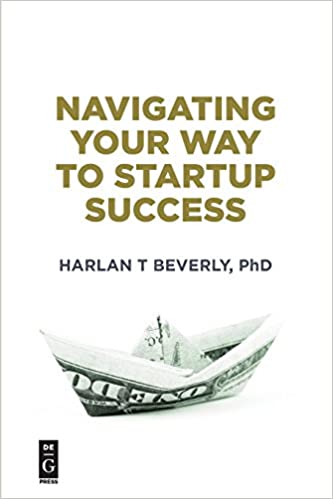There are pros and cons to both/either.
Pros:
Marketing CEOs might be more likely to inspire market/customer orientation, differentiation, and brand equity focus. This kind of leadership might seek to inspire cooperation and collaboration across departments.
Engineering CEOs may empower development teams to be more creative, have more power, and reduce “feature creep”. This kind of leadership might be more organized and measured.
Cons:
Marketing CEOs might put too much fluff into products, and not truly enable disruptive innovation. This kind of leader may also have trouble leading engineers, and other technical types.
Engineering CEOs may invest too heavily in non-market-driven ideas and be inclined to ignore customer needs in favor of their own ideas. This kind of leader may be too rigid for creative types.
Which am I?
Early in my career I would say I was definitely an Engineering CEO. I had a vision where I wanted to go; and the market be damned (disruptive technology is like that). Now, I lean more towards Marketing CEO… with a tighter focus on customer/market, and more faith in the power of brand. However, having experience in both, I think I also have a good ability to know when to be which. I can work with engineers or creative types equally well, and see a disruptive idea (and support it) when needed.
Best of both worlds? 🙂










